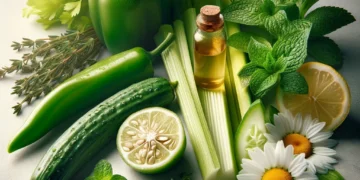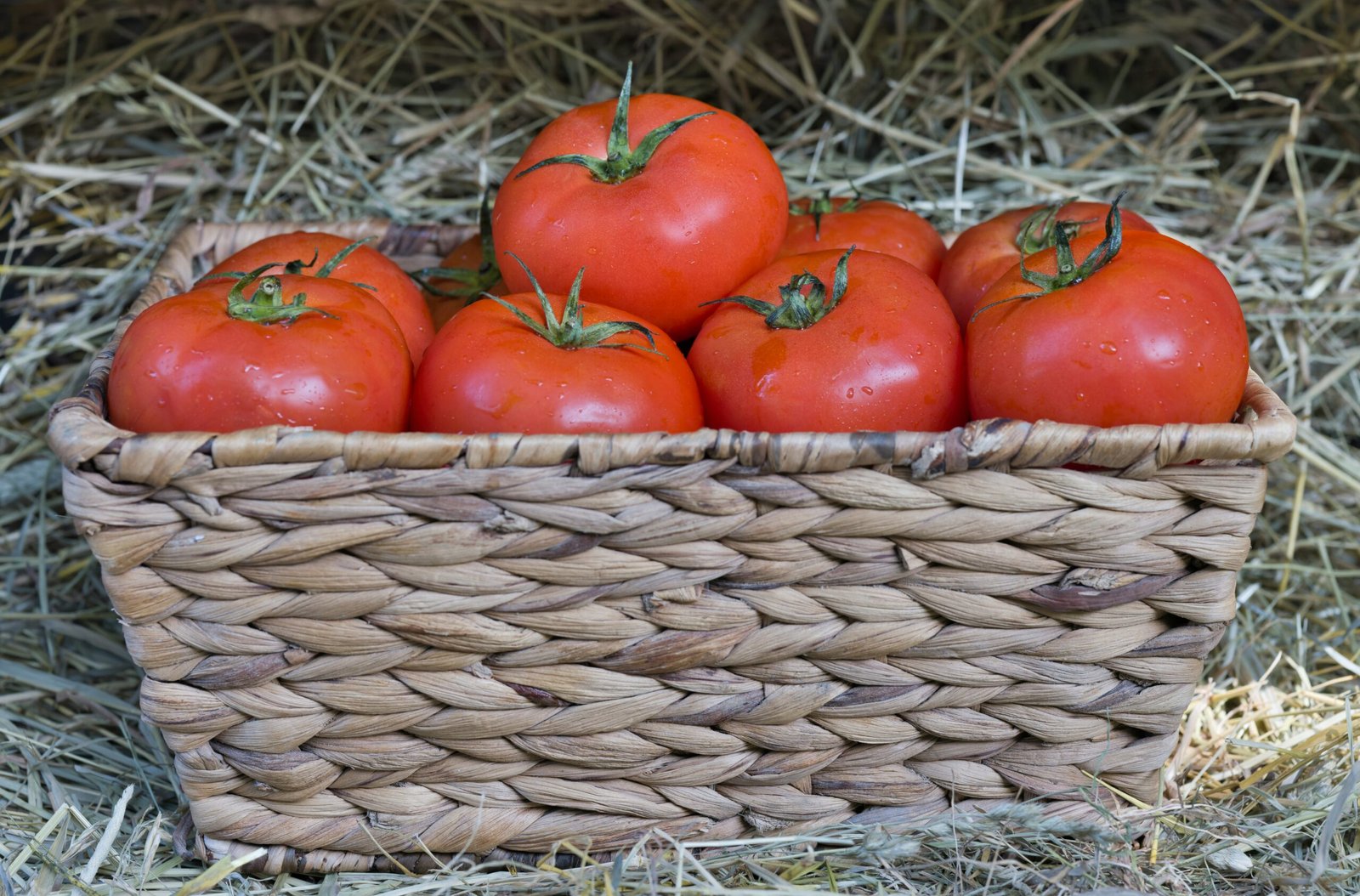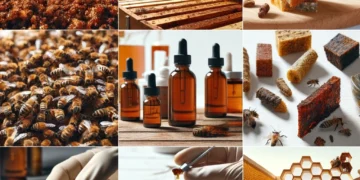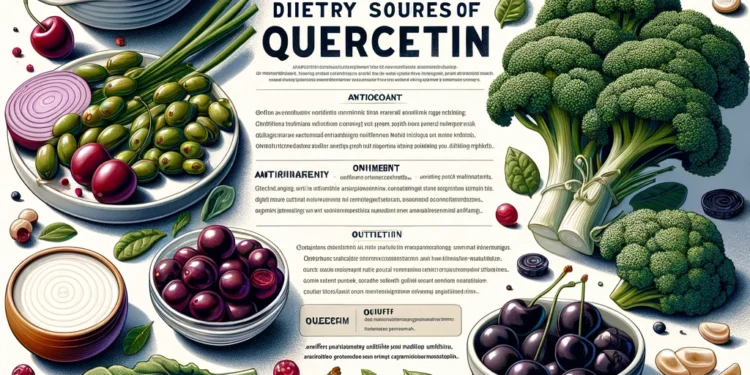Quercetin Not One But Many Amazing Health Benefits
An in-depth look at Quercetin, a powerful antioxidant found in many fruits, vegetables, and herbs. Explore its health benefits, traditional uses, side effects, and more.
Introduction to Quercetin
- It is a type of plant pigment called flavonoid found in many fruits, vegetables, leaves and grains.
- It gives many plants, fruits and flowers their vibrant colors.
- It has been used in traditional medicine thanks to its antioxidant and anti-inflammatory effects.
- Modern research shows it may help treat or prevent cancer, heart disease, allergies, viruses and chronic illnesses.
What is Quercetin Exactly?
- It is a flavonoid, a subclass of polyphenol antioxidants found in plants.
- It is found naturally in many foods including:
- Apples
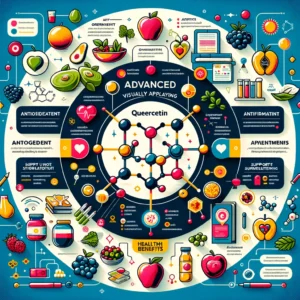
- Onions
- Green tea
- Berries
- Broccoli
- Capers
- Lovage
- Apples
- It gives these foods some of their characteristic colors and flavors.
- It often works synergistically with other flavonoids like catechins.
The Nutritional Power of Quercetin
- It is a strong antioxidant that can neutralize free radicals and reduce oxidative stress.
- It has anti-inflammatory effects that may reduce swelling, pain and disease.
- It may have cardio-protective properties.
- Compared to other antioxidants like vitamins C and E, It can recycle itself and keep working.
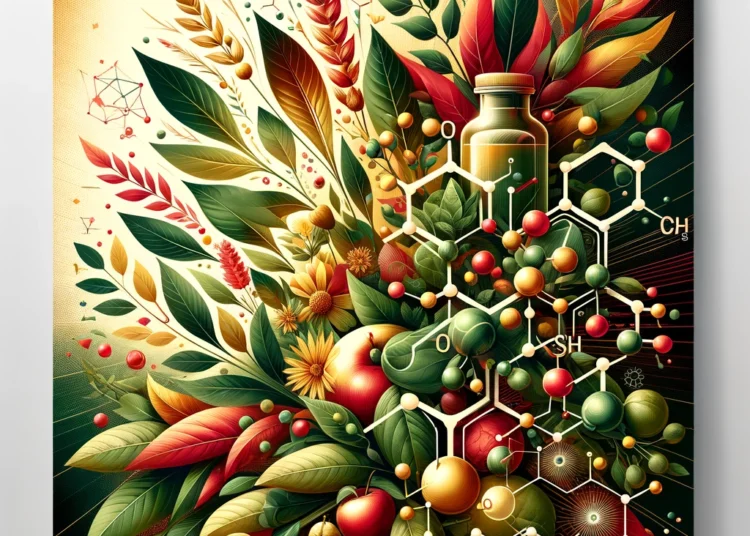
The Many Evidence-Based Benefits of Quercetin
May Help Treat Allergies
- It can stabilize mast cells that release histamines that cause allergies.
- Supplementing with it may reduce symptoms of hay-fever, hives, food allergies.
Could Protect Against Heart Disease
- Quercetin’s antioxidant properties may help prevent
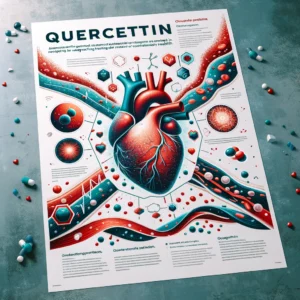 LDL cholesterol oxidation.
LDL cholesterol oxidation. - It can lower blood pressure in hypertensive patients.
- In studies, it lowers risk of atherosclerosis and coronary heart diseases.
May Prevent Cancer
- Quercetin can fight proliferation and metastasis of cancer cells.
- It may help prevent many cancers like breast, colon, prostate, ovarian and thyroid cancer.
Fights Inflammation
- Quercetin blocks enzymes that lead to inflammation, like cyclooxygenase (COX) and lipoxygenase (LOX).
- It reduces inflammatory cytokines leading to less pain/swelling.
Boosts Immunity
- Quercetin increases immune cell production like phagocytes that fight infections.
- It may protect against viruses like influenza and coronaviruses.
Combats Allergies and Asthma
- Quercetin blocks release of histamines and other chemicals that cause allergies.
- It relaxes bronchial airways making it easier to breathe.
Quercetin in Traditional Medicine
- In traditional Chinese
 medicine, Quercetin rich plants were used to treat asthma, allergies, and hayfever.
medicine, Quercetin rich plants were used to treat asthma, allergies, and hayfever. - Onions and apples, both high in it, are popular folk remedies for pollen allergies.
- Herbalists recommend Quercetin supplements to treat chronic hives, asthma, and viral infections like herpes and hepatitis.
Possible Side Effects of Quercetin
- It is generally safe for most people but can cause some minor side effects like:
- Headaches
- Tingling sensation
- Upset stomach
- It may interact with some medications so consult your doctor before taking supplements.
- Pregnant women should avoid Quercetin out of caution.
Good Food Sources of Quercetin
- Apples – A medium apple with skin contains about 15mg of it.
- Onions – A half cup of raw
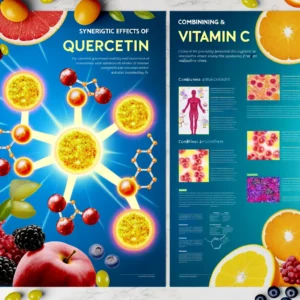 onions has about 25mg of it.
onions has about 25mg of it. - Green Tea – Brewed green tea can have 5-10mg of it per cup.
- Berries – Berries like blueberries, raspberries and blackberries contain good amounts.
- Broccoli – Just 3.5 ounces of broccoli has about 15mg of it.
- Dark Cherries – They have nearly 30mg of it per cup.
- Capers – Capers are one of the richest sources, with 26mg per tablespoon.
Quercetin Supplements and Dosage
- Quercetin supplements are available in pills or capsules with dosages typically from 250mg to 500mg.
- Dosage depends on the specific health concern though general doses range from 200-1200mg daily.
- It is also sold in formulations with bromelain or vitamin C which may increase its absorption.
Buying High Quality Quercetin
- Look for Quercetin supplements made with pharmaceutical-grade purified ingredients.
- Reputable supplement brands test for purity and label exact dosage amounts.
- Bromelain or vitamin C enhanced Quercetin may have better bioavailability.
Quercetin’s Environmental Impact
- Quercetin occurs naturally in many fruits, vegetables and plants, so eating whole foods with it has minimal environmental impact.
- However, Quercetin supplements may be synthesized in factories that produce chemical waste. Look for Eco-friendly manufacturers.
FAQs About Quercetin
Is Quercetin safe to take daily?
- Quercetin is generally safe to consume daily in moderate food amounts. Supplements up to 500mg daily are also considered safe for long term use.
When is the best time to take Quercetin?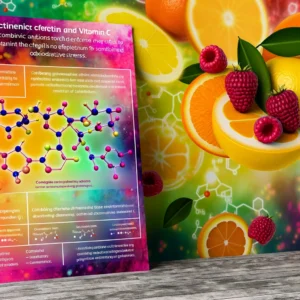
- Quercetin supplements are best taken about 30 minutes before or two hours after a meal for maximum absorption.
What foods have the most Quercetin?
- Fruits and veggies highest in Quercetin include capers, apples, onions, cherries, broccoli, berries, and green tea.
What does Quercetin do for the body?
- Quercetin is a powerful antioxidant that can benefit the body by reducing inflammation, fighting viruses, boosting immunity, improving heart health, and possibly preventing cancer.
Can Quercetin help with allergies?
- Yes, there is evidence that Quercetin may relieve allergy symptoms. Its natural antihistamine effects can reduce immune reactions to pollen and other allergens.
Conclusion
Quercetin is an impressive antioxidant compound found naturally in many plant foods. It has been used traditionally and is now being verified scientifically for its numerous potential health benefits. While generally safe, do consult your doctor before taking Quercetin supplements, especially if pregnant or on medication. Eat plenty of Quercetin-rich fruits and veggies for better overall wellness.
Sources:
https://www.medicalnewstoday.com/articles/320248
https://www.healthline.com/nutrition/quercetin
https://pubmed.ncbi.nlm.nih.gov/16709450/
Continue Reading



